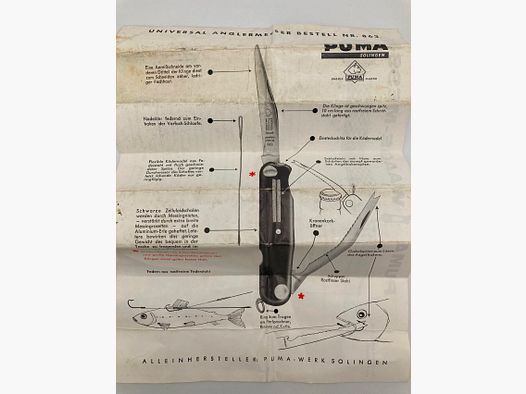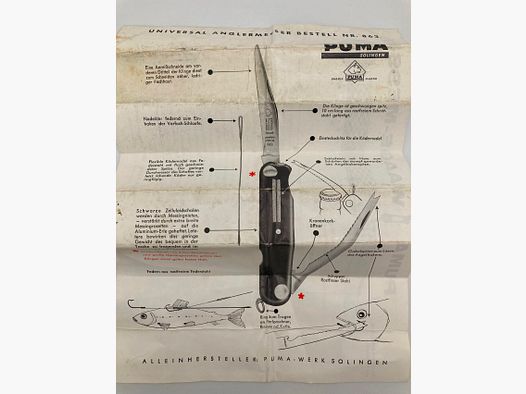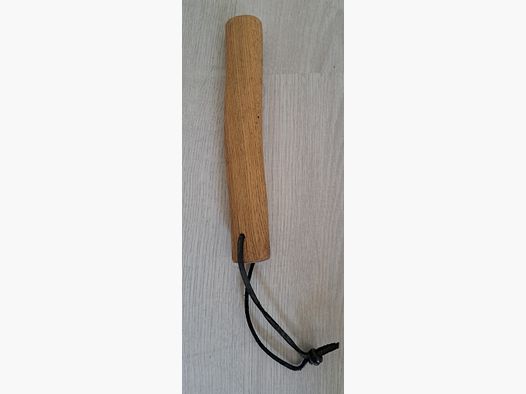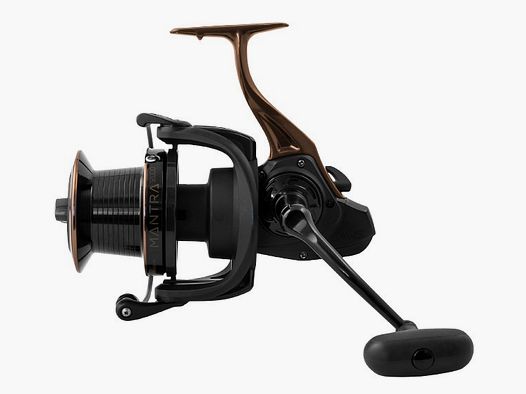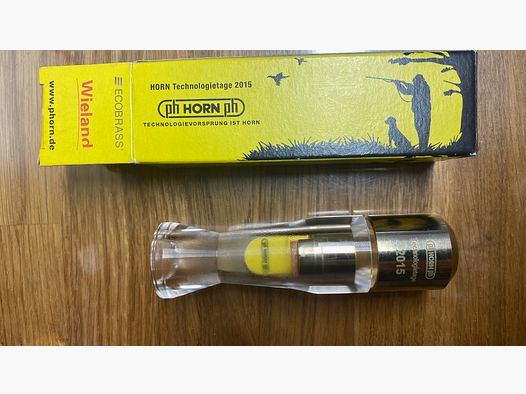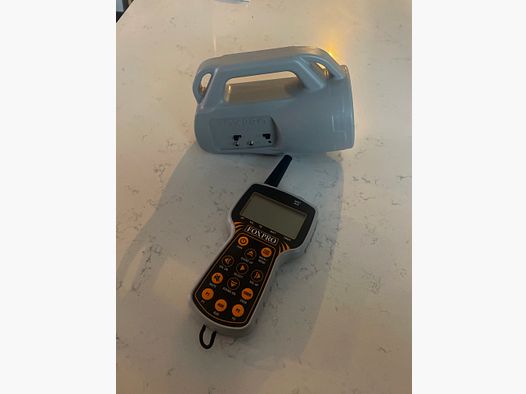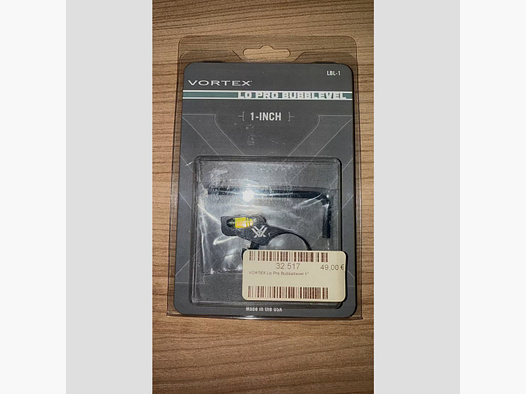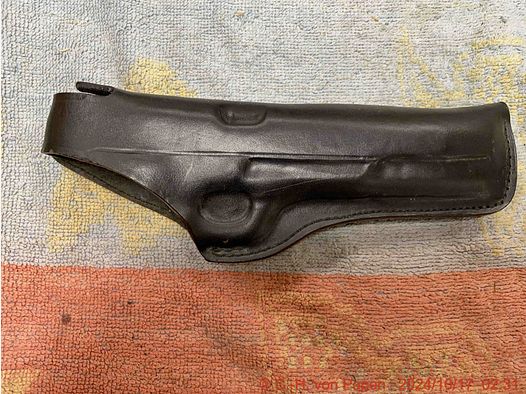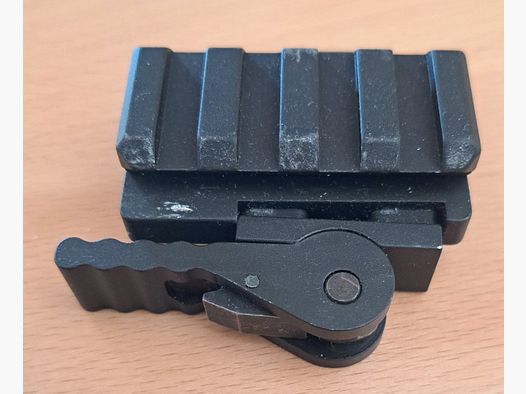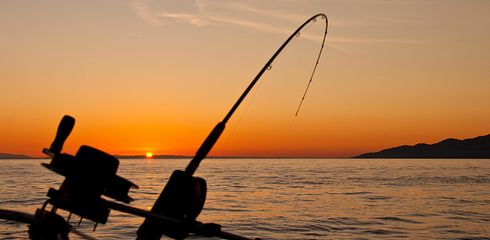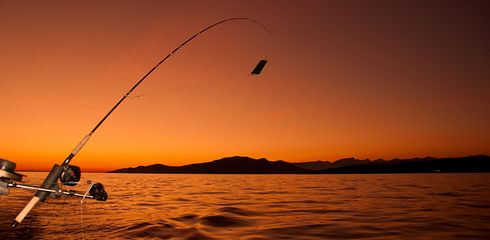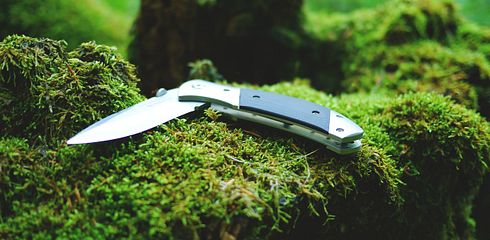The question of the best fishing times occupies anglers of all experience levels and is central to success on the water. Understanding the factors that influence fish activity can make the difference between a successful outing and a frustrating experience. In this article, we will delve into the best fishing times to provide aspiring anglers with a comprehensive guide.
1. The Influence of Times of Day: Morning, Noon, Evening
The time of day is one of the critical factors in fishing. Most anglers agree that the morning and evening hours are often the most productive. In the early morning hours, temperatures are cooler, and many fish species are active in search of food. This is especially true for predatory fish like pike and perch, which like to hunt in the early morning.
In the evening, as the sun slowly sets, a similar activity returns. Fish that have retreated to deeper waters during the day come into shallower areas to feed. This time not only offers good chances for predatory fish but also for coarse fish like carp or bream.
During the midday hours, when the sun is at its highest, many fish species retreat to cooler depths or shady areas. However, fishing can still be successful during the day, especially in overcast weather or in waters with plenty of cover.
2. Moon Phases and Tides: Additional Influencing Factors
The moon phases and tides also have a significant impact on fish activity. Some anglers swear that the time around the full moon is particularly favorable, while others prefer to fish during the new moon. In fact, there are various opinions on this topic, and the effects of moon phases can vary depending on the body of water and fish species.
Tides play a crucial role, especially in coastal waters. For some species, such as saltwater fish, activity increases during certain tides. It is advisable to consult local tide tables and learn about the specific conditions of the fishing location.
3. Weather Conditions: Rain, Sun, and Temperature
Weather conditions significantly influence fish activity. A light rain can loosen the surface of the water and improve fish visibility. Many anglers swear that fishing during a light rain or right after a rain shower is particularly effective.
Overcast weather can also be beneficial, as the diffuse lighting makes fish feel safer and encourages them to move into shallower areas. In sunny weather, however, many fish species are more likely to retreat to deeper waters or stay in shaded areas.
Air temperature plays an important role, especially concerning water temperature. Warm water promotes fish activity, while cold water can lead to a slowed metabolic rate. This should be considered when choosing fishing times.
4. Seasons: Adapting to the Natural Rhythm
The seasons influence not only temperature but also fish behavior. In spring, when water temperatures rise, many fish species begin their spawning season, which can lead to increased activity. In contrast, autumn is often a time when fish become particularly aggressive in search of food to prepare for winter.
It is important to note that the best fishing times can change throughout the year, depending on prevailing conditions. An experienced angler adapts their tactics to seasonal changes and chooses their fishing times accordingly.
5. Personal Experiences and Local Knowledge
The factors mentioned above are general guidelines, but personal experiences and local knowledge play a crucial role. Every body of water has its own peculiarities, and it may take some time to discover the best fishing times at a specific location.
Experienced local anglers can provide valuable insights, and it is worth considering their advice. It is also important to observe a fishing location over time and learn how fish behave in different situations.
Conclusion: A Continuous Learning Process
The best fishing times are not set in stone and vary depending on numerous factors. It is essential to respect nature and adapt as an angler. The key lies in continuous observation, gathering experiences, and learning from mistakes.
For beginners, it is advisable to try different fishing times and conditions to develop a sense of how fish behave in their region. Every outing to the water offers the opportunity to expand one's knowledge and identify the best fishing times individually. And remember: The true joy of fishing lies not only in the catch but also in the journey there. Tight lines!



